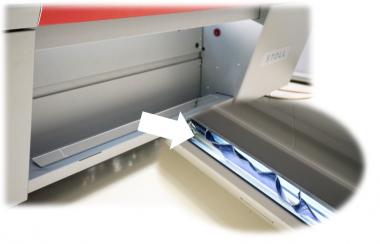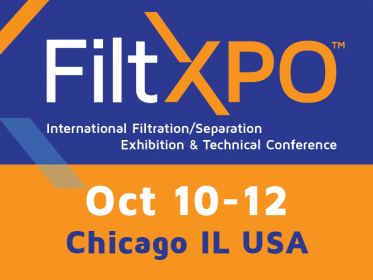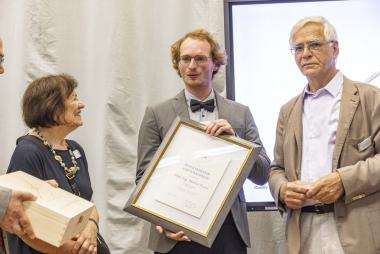GoodTextiles Foundation: Improving drinking water supply in Uganda
Together with Cotton made in Africa (CmiA) and the cotton company MMP Agro, the GoodTextiles Foundation is realising a project to improve the drinking water supply in Uganda, Africa. Bio-sand-waterfilters are being installed to gently purify the water from existing sources. In addition, the partners are training the community's farmers and craftsmen in how to operate the water filters. They then learn how to build new water filters.
In 2016, the textile company Dibella established the GoodTextiles Foundation with the aim of making textile value chains more sustainable. It raises donations and implements its own funding projects to benefit people at all stages of the textile industry.
As part of a joint project between the GoodTextiles Foundation, the Aid by Trade Foundation (AbTF) (owner of the CmiA standard) and MMP Agro, farmers who grow CmiA cotton in the districts of Abim, Kaplebyong, Dokolo and Kaberamaido in north-east Uganda are now receiving a total of around 1,000 bio-sand-waterfilters. Around 1,000 CmiA farmers, mainly women and the members of their households (an estimated 10,000 community members) benefit from this.
GoodTextiles Foundation













